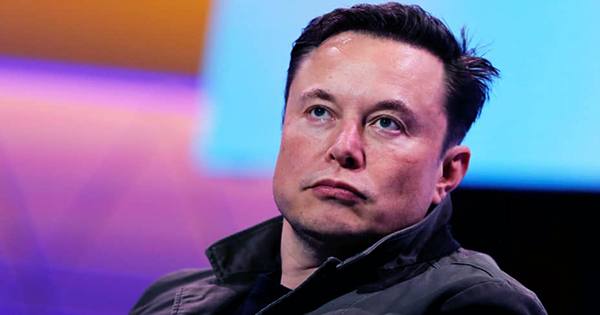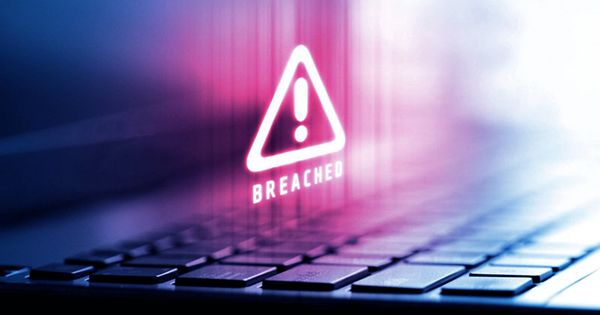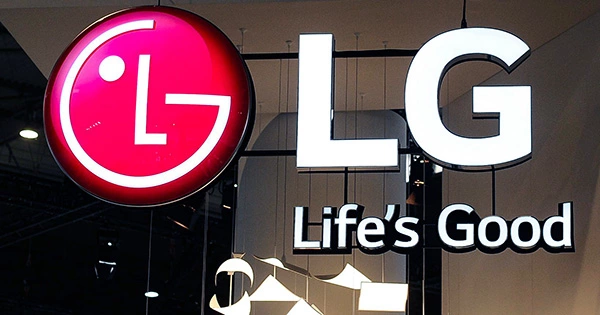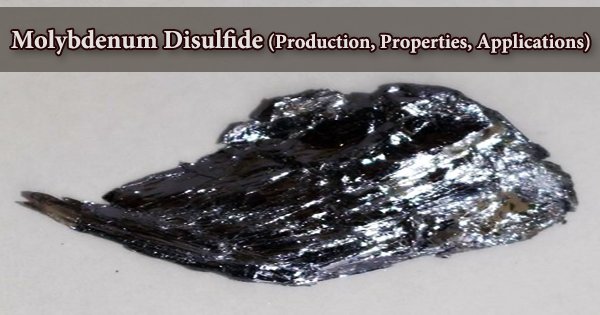According to the Financial Times, billionaire Elon Musk has become Twitter’s largest shareholder. According to a filing filed with the Securities and Exchange Commission, Musk now owns 73,486,938 shares of Twitter or 9.2 percent of the company’s stock. That’s more than Jack Dorsey, the company’s former CEO, and founder. According to TIME magazine, Musk’s investment is worth $2.89 billion.
The announcement comes after Musk polled his 80 million Twitter followers last week, asking if they feel Twitter conforms to the idea that “Free Speech is important to a functioning democracy.” A little more than 70% of those who voted said no. Individuals and even communities should be able to express their beliefs and ideas without fear of reprisal, censorship, or legal consequence from governments, according to the notion of free speech.
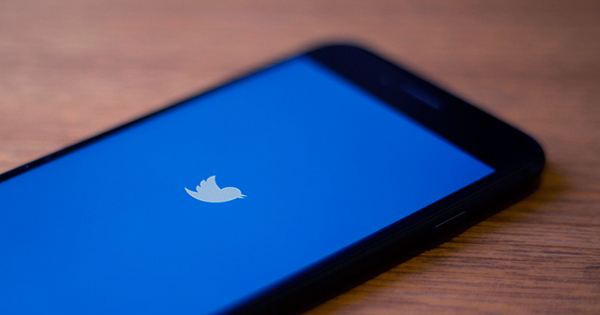
Following Twitter’s (and later other social media platforms’) suspension of Donald Trump, several social media campaigns – particularly in right-wing circles – have focused on the alleged lack of freedom of expression and “cancel culture.” However, freedom of expression is not total, and it does not imply immunity from repercussions. Perjury, libel, slander, hate speech and disclosing state secrets are all examples of legal restrictions on freedom of expression. As a businessman, Musk will understand that copyright breaches, trade secrets, and non-disclosure agreements are not covered by free speech.
The freedom of expression concept also excludes food and pharmaceutical labels, as well as the rights to privacy, dignity, the right to be forgotten, public safety, and others. As a private corporation, Twitter is not bound by government restrictions, and users must agree to the firm’s terms and conditions before joining. Musk has used his Twitter platform to air a variety of controversial views, including that the Pyramids of Giza were built by aliens, that the COVID-19 pandemic would be over by April 2020, and that one of the 2018 Thai cave rescuers was a “pedo,” for which he was sued for defamation and won, a landmark case that tested the waters of defamation and “freedom of speech” on social media.
Vernon Unsworth demanded $190 million (£145 million) in damages from Tesla creator Elon Musk, claiming that the tweet harmed his image. In June 2018, the two men had a public spat over the rescue of 12 youngsters trapped in a Thai cave. Mr. Musk told the court this week that in South Africa, where he grew up, the term “pedo man” was prevalent. “My trust in mankind has been restored,” Mr. Musk told reporters outside the courthouse after the jury’s ruling.
